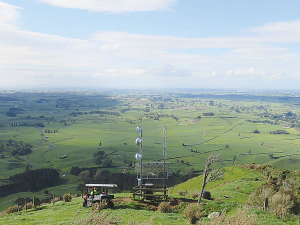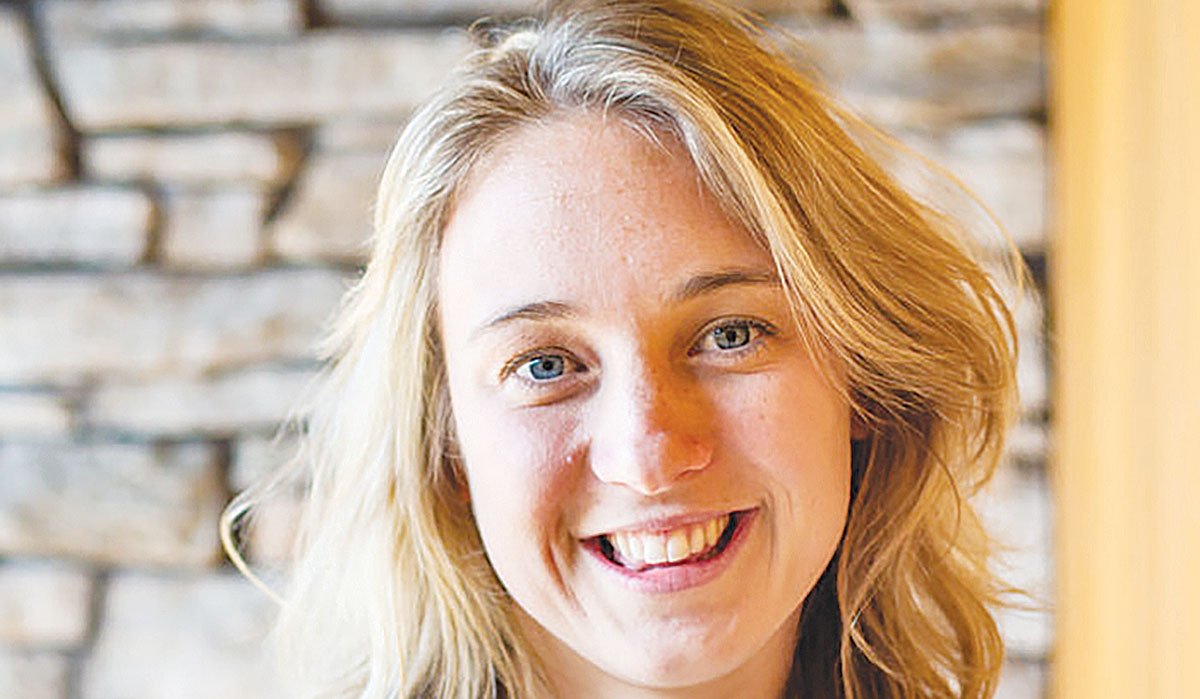Pay Equity Crucial for Rural Communities - RWNZ
Rural Women New Zealand (RWNZ) says it welcomes the release of a new report into pay equity.
 Rural Women New Zealand (RWNZ) technology spokesperson Claire Williamson says the rural internet upgrade won’t solve the problem for everyone.
Rural Women New Zealand (RWNZ) technology spokesperson Claire Williamson says the rural internet upgrade won’t solve the problem for everyone.
The Government’s announcement of a connectivity upgrade is being met with cautious optimism.
Last month, Minister for the Digital Economy and Communications, David Clark, announced that the Government’s Rural Capacity Upgrade would see existing cell towers upgraded and new towers built in rural areas experiencing poor performance.
“By the end of 2024 around 47,000 rural households and businesses should experience faster internet speeds and better reception than they do right now,” says Clark.
“With these upgrades, rural businesses will have the tools to be more innovative and productive. We can also improve health and safety for New Zealanders and their families through remote health consultations, facilitate remote learning and help maintain social and family connections.
“For those businesses, farms, marae, and households that aren’t captured by current rural broadband initiatives, such as the Ultra-Fast Broadband programme, the initiative launched today will be of great benefit,” he says.
While some are celebrating the announcement, Rural Women New Zealand (RWNZ) technology spokesperson and board member Claire Williamson says the Upgrade won’t solve the problem for everyone.
“If the upgrade improves speed and capacity, it will be great for those existing connections,” Williamson told Dairy News.
She says it is her understanding that most of the new cell towers are planned for state highways and tourist spots.
“We would like to see internet and cellular access to every NZ household and farm.”
Meanwhile, rural internet providers say they are ready for the upgrade.
Rural internet provider Primo is welcoming the news, with managing director Matt Harrison saying it will help the wireless broadband side of the company provide better service to its rural customers.
 |
|---|
|
RWNZ technology spokesperson and board member Claire Williamson. |
“We pioneered getting broadband into Taranaki’s rural communities and this will mean we have more resources to lift capacity,” Harrison says.
“We have already worked closely with the Crown Infrastructure Partners (CIP) to roll out broadband to isolated farms and communities. It’s been a great programme that’s benefited many of our farmers, marae and rural workers.”
Primo is one of 13 private sector contractors set to carry out the work, which is funded by the Government’s Covid-19 Response and Recovery Fund.
Also pleased with the announcement is Federated Farmers president and telecommunications spokesperson Andrew Hoggard.
“Every year Feds surveys members on broadband and cellphone coverage in rural areas, to gather data on the worst blackspots and inform our advocacy to government,” Hoggard says.
“The frustration of farming families whose businesses, distance education and everyday activities are hampered by poor or sometimes non-existent services comes through loud and clear.
“So news that upgrades to existing cell towers and construction of new towers should see 47,000 rural households and businesses experience faster internet speeds and better reception by the end of 2024 will come as a relief.”
When the work is completed, the Government claims 99.8% of New Zealanders will have seen an improvement to their broadband services.
The 5+ A Day Charitable Trust has launched a collection of affordable recipes designed to turn everyday vegetables into seasonal stars.
Jane Mellsopp has been confirmed as the new Government Appointee to the New Zealand Meat Board (NZMB).
To celebrate the tenth anniversary of its annual Good Deeds competition, Rabobank will give away $100,000 to improve rural community hubs, schools, clubrooms, and marae across New Zealand.
Agricultural and veterinary product supplier Shoof International has appointed Michaela Dumper as its new chief executive.
Federated Farmers is celebrating following the Government's announcement that young farmers will be able to use their KiwiSaver funds to buy their first home or farm.
The Meat Industry Association of New Zealand (MIA) today announced that Chief Executive Officer Sirma Karapeeva has resigned from the role.
OPINION: Staying with politics, with less than nine months to go before the general elections, there’s confusion in the Labour…
OPINION: Winston Peters' tirade against the free trade deal stitched with India may not be all political posturing by the…